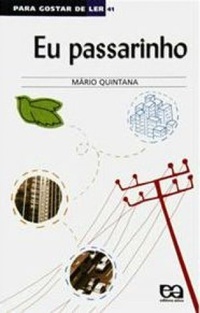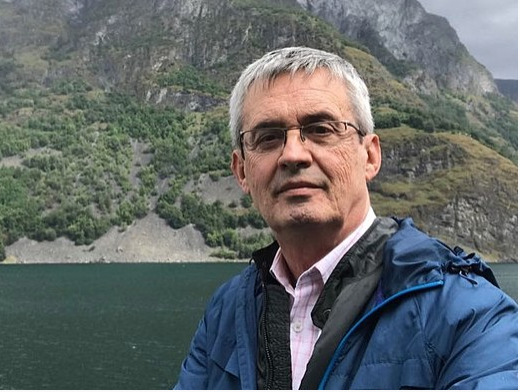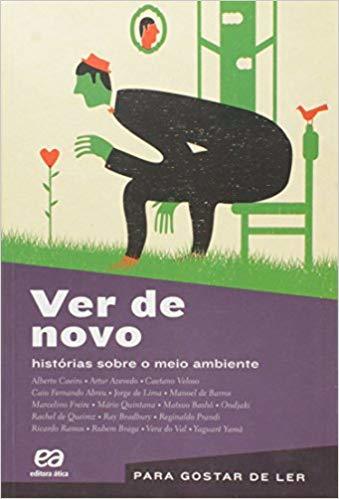
Part of Series
Authors

Caetano Emanuel Vianna Telles Velloso (born August 7, 1942), better known as Caetano Veloso, is a composer, singer, guitarist, writer, and political activist. He has been called "one of the greatest songwriters of the century" and is sometimes considered to be the Bob Dylan of Brazil. Veloso is most known for his participation in the Brazilian musical movement Tropicalismo which encompassed theatre, poetry and music in the 1960s, at the beginning of the Brazilian military dictatorship. Veloso was born in Bahia, a state in the northeastern area of Brazil, but moved to Rio de Janeiro as a college student in the mid-1960s. Soon after the move, Veloso won a music contest and was signed to his first label. He became one of the founders of Tropicalismo with a group of several other musicians and artists—including his sister Maria Bethânia—in the same period. However the Brazilian government at the time viewed Veloso's music and political action as threatening, and he was arrested, along with fellow musician Gilberto Gil, in 1969. The two eventually were exiled from Brazil, and went to London, where they lived for two years. After he moved back to his home country, in 1972, Veloso once again began recording and performing, becoming popular outside of Brazil in the 1980s and 1990s. He has so far won five Latin Grammy Awards. He recorded his first all-English album, A Foreign Sound in 2004. The album contains many American standards. From Wikipedia
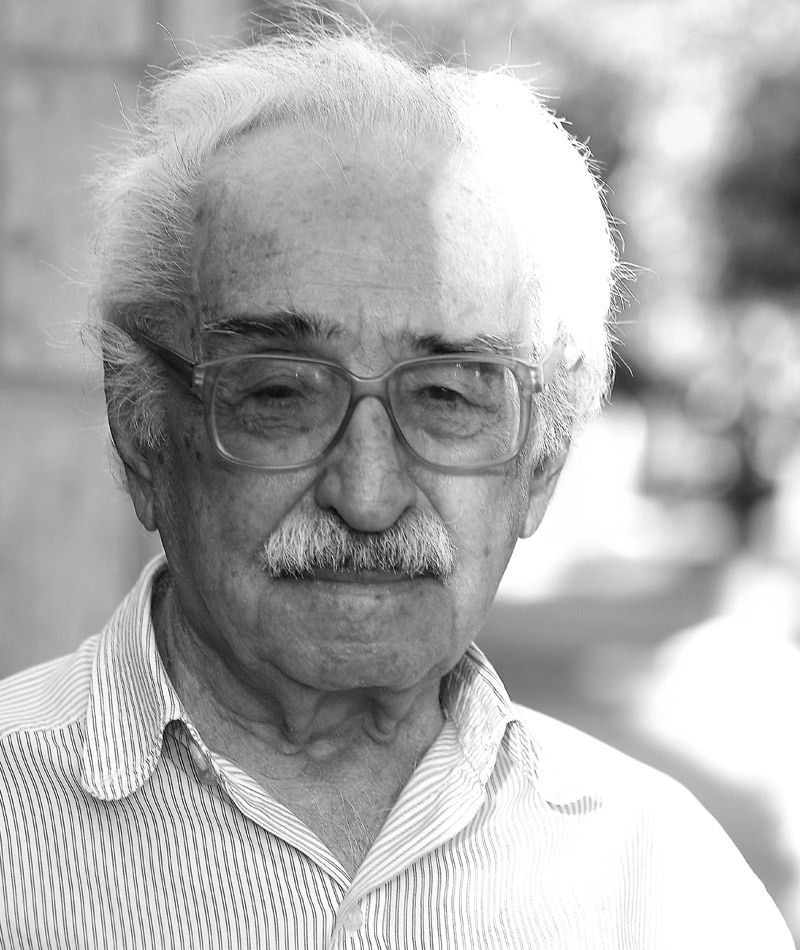
Manoel Wenceslau Leite de Barros is a Brazilian poet. He has won many awards for his work, including twice the Prêmio Jabuti, the most important literary award in Brazil. Today he is renowned by his critics as one of the great names of contemporary Brazilian poetry, and by many authors he has been considered the greatest living poet from Brazil, like the poet Carlos Drummond de Andrade recognized Manoel de Barros as the biggest poet of Brazil.

Ray Douglas Bradbury, American novelist, short story writer, essayist, playwright, screenwriter and poet, was born August 22, 1920 in Waukegan, Illinois. He graduated from a Los Angeles high school in 1938. Although his formal education ended there, he became a "student of life," selling newspapers on L.A. street corners from 1938 to 1942, spending his nights in the public library and his days at the typewriter. He became a full-time writer in 1943, and contributed numerous short stories to periodicals before publishing a collection of them, Dark Carnival, in 1947. His reputation as a writer of courage and vision was established with the publication of The Martian Chronicles in 1950, which describes the first attempts of Earth people to conquer and colonize Mars, and the unintended consequences. Next came The Illustrated Man and then, in 1953, Fahrenheit 451, which many consider to be Bradbury's masterpiece, a scathing indictment of censorship set in a future world where the written word is forbidden. In an attempt to salvage their history and culture, a group of rebels memorize entire works of literature and philosophy as their books are burned by the totalitarian state. Other works include The October Country, Dandelion Wine, A Medicine for Melancholy, Something Wicked This Way Comes, I Sing the Body Electric!, Quicker Than the Eye, and Driving Blind. In all, Bradbury has published more than thirty books, close to 600 short stories, and numerous poems, essays, and plays. His short stories have appeared in more than 1,000 school curriculum "recommended reading" anthologies. Ray Bradbury's work has been included in four Best American Short Story collections. He has been awarded the O. Henry Memorial Award, the Benjamin Franklin Award, the World Fantasy Award for Lifetime Achievement, the Grand Master Award from the Science Fiction Writers of America, the PEN Center USA West Lifetime Achievement Award, among others. In November 2000, the National Book Foundation Medal for Distinguished Contribution to American Letters was conferred upon Mr. Bradbury at the 2000 National Book Awards Ceremony in New York City. Ray Bradbury has never confined his vision to the purely literary. He has been nominated for an Academy Award (for his animated film Icarus Montgolfier Wright), and has won an Emmy Award (for his teleplay of The Halloween Tree). He adapted sixty-five of his stories for television's Ray Bradbury Theater. He was the creative consultant on the United States Pavilion at the 1964 New York World's Fair. In 1982 he created the interior metaphors for the Spaceship Earth display at Epcot Center, Disney World, and later contributed to the conception of the Orbitron space ride at Euro-Disney, France. Married since 1947, Mr. Bradbury and his wife Maggie lived in Los Angeles with their numerous cats. Together, they raised four daughters and had eight grandchildren. Sadly, Maggie passed away in November of 2003. On the occasion of his 80th birthday in August 2000, Bradbury said, "The great fun in my life has been getting up every morning and rushing to the typewriter because some new idea has hit me. The feeling I have every day is very much the same as it was when I was twelve. In any event, here I am, eighty years old, feeling no different, full of a great sense of joy, and glad for the long life that has been allowed me. I have good plans for the next ten or twenty years, and I hope you'll come along."

Ndalu de Almeida (born 1977) is a writer from Angola, writing under the pen name Ondjaki. He lives in Luanda, the capital of the country, and has written poetry, children's books, short stories, novels, drama and film scripts. Ondjaki studied sociology at the University of Lisbon, and wrote his graduation paper about Angolan writer Luandino Vieira. His literary debut came in 2002 with the novella O Assobiador (The Whistler), which was followed up with the childhood memoir Bom dia camaradas (Good Morning, Comrades) in 2003. To date (2010) he has published four novels, three collections of short stories, two collections of poetry and three children's books. His books have been translated to French, Spanish, Italian, German, English, Chinese and Swedish Source: http://en.wikipedia.org/wiki/Ondjaki Ondjaki was born in Luanda in 1977. He completed his degree in Sociology in Lisbon in 2002 with a study on the great Angolan writer Luandino Vieira. A versatile young talent and a most promising writer of the Portuguese language in Africa, he has already had paintings exhibited, given public performances as an actor, as well as published his own poems and novels. Ondjaki has been awarded the Grande Prémio de Conto Camilo Castelo Branco 2008 by the Portuguese Writers' Association for his novel Os da Minha Rua. In 2008 he was distinguished with the Grinzane for Africa award, in the category of young writer, and recently, Ondjaki has won the prestigious Jabuti Prize 2010 with his juvenile book AvóDezanove e o Segredo do Soviético. Source: http://www.mertin-litag.de/authors\_ht...


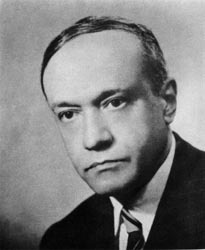
Jorge Mateus de Lima, was a Brazilian politician, poet, and writer. His most famous works are the novels "A Mulher Obscura" and "Calunga"; and "A Túnica Inconsútil" and "A Invenção de Orfeu" (poetry). He was in a list and would win the Nobel Prize in 1958, but he died in 1953. He was the son of a wealthy merchant and moved to Maceió in 1902, with his mother and siblings. In 1909 he moved to Salvador, where he began studying medicine. Completed the course in Rio de Janeiro in 1914, but was designed as a poet to his name. That same year he published the first book, Alexandrine XIV. He returned to Maceió in 1915 where he devoted himself to medicine, and literature and politics. When he moved to Alagoas to Rio in 1930 set up an office in Cinelandia, also turned to studio painting and meeting point for intellectuals. There was meeting people like Murilo Mendes, Graciliano Ramos and Jose Lins do Rego. In this period he published about ten books, five of poetry. Also served as state representative from 1918 to 1922. With the Revolution of 1930 was brought to settle down permanently in Rio de Janeiro. In 1939 he devoted himself also to the arts, participating in some exhibitions. In 1952, he published his most important book, the epic Invention of Orpheus. In 1953, months before he died, he recorded poems for the Archive of the Spoken Word Library of Congress in Washington, the United States of America. Between 1937 and 1945 had its application to the Brazilian Academy of Letters refused six times. For Ivan Junqueira, the Academy has committed an unforgivable injustice to the author, whose literary work was exceptionally well received by critics and public. The scholar does not believe that the poet was carried forward to the edge of the literature of his time and he says, when referring to the greatest poem of the author - Invention of Orpheus, "... even today, more junk spent 50 years of its publication, there is no Brazilian poet that he did not remember. "

I was born in Alegrete, on the 30th of July 1906. I believe that was the first thing that happened to me. And now they have asked me to speak of myself. Well! I always thought that every confession that wasn’t altered by art is indecent. My life is in my poems, my poems are myself, never have I written a comma that wasn’t a confession. Ah! but what they want are details, rawness, gossip...Here we go! I am 78 years old, but without age. Of ages, there are only two: either you are alive or dead. In the latter case, it is too old, because what was promised to us was eternity. I was born in the rigor of the winter, temperature: 1 degree °C; and still I was premature, which would leave me kind of complexed because I used to think I wasn’t ready. One day I discovered that someone as complete as Winston Churchill was born premature - the same thing happened to Sir Issac Newton! Excusez du peu... I prefer to cite the opinion of others about me. They say I am modest. On the contrary, I am so proud that I think I never reached the height of my writing. Because poetry is insatisfaction, an affliction of self-elevation. A satisfied poet doesn’t satisfy. They say I am timid. Nothing of the sort! I am very quiet, introspective. I don’t know why they subject the introverts to treatment. Only for not being as annoying at the rest? It is exactly for detesting annoyingness, the lengthiness, that I love synthesis. Another element of poetry is the search for the form (not of the form), the dosage of words. Perhaps what contributes to my safety is the fact that I have been a practitioner of pharmacy for five years. Note that the same happened with Carlos Drummond de Andrade, Alberto de Oliveira, Erico Verissimo - they well know (or knew) what a loving fight with words means.

A heteronym of Fernando Pessoa. Alberto Caeiro was born in Lisbon, in 1889 and died in 1915, but lived most of his life in the country with an old great aunt because he was orphaned from a young age. He had blonde hair and blue eyes. He finished his primary school education and had no profession. How did this heteronym come about? Fernando Pessoa tells us "one day he decided to play a trick on Sá-Carneiro—so he drew up a bucolic poet, of the complicated kind and had them meet, I can’t remember how, in some sort of real context. I spent some days trying to formulate the poet but achieved nothing. One day, on the verge of giving up – March 8th 1914 – I approached a high chest of drawers and, began to write something down on a piece of paper, while standing, as I like to do, whenever possible. And so, taken over by some strange, indescribable kind of trance, I wrote 30 something poems in one stretch. That was the most triumphant day of my life and I will never experience another like it. I began with the title The Keeper of Flocks. And what followed was the birth of someone within me, whom I immediately named Alberto Caeiro. Please excuse the absurdity of the phrase: my master will appear within me. But that was my immediate sensation." When Fernando Pessoa writes as Caeiro, he claims to do so "in pure and unexpected inspiration, not knowing or guessing what he will write." Source: Fernando Pessoa’s Letter to Adolfo Casais Monteiro, January 1935, in Correspondência 1923-1935, ed. Manuela Parreira da Silva, Lisbon, Assírio & Alvim, 1999.

Artur Nabantino Gonçalves de Azevedo (São Luís, 7 de julho de 1855 — Rio de Janeiro, 22 de outubro de 1908), também conhecido como Arthur Azevedo, foi um escritor, dramaturgo, poeta, contista, prosador, comediógrafo, crítico, cronista e jornalista brasileiro. Ao lado de seu irmão, o escritor Aluísio Azevedo, foi um dos fundadores da Academia Brasileira de Letras. Tendo escrito milhares de artigos sobre eventos artísticos e encenado mais de cem peças no Brasil e em Portugal, Azevedo foi um dos maiores defensores da criação do Teatro Municipal do Rio de Janeiro, cuja inauguração ocorreu meses depois de sua morte. Suas peças mais conhecidas são A joia, A Capital Federal, A almanjarra, O Mambembe, entre outras. Três teatros no Brasil foram batizados com o seu nome: o Teatro Arthur Azevedo de São Luís, Maranhão, sua cidade natal, o Teatro Arthur Azevedo da cidade de São Paulo, e o Teatro Arthur Azevedo da cidade de Rio de Janeiro.

